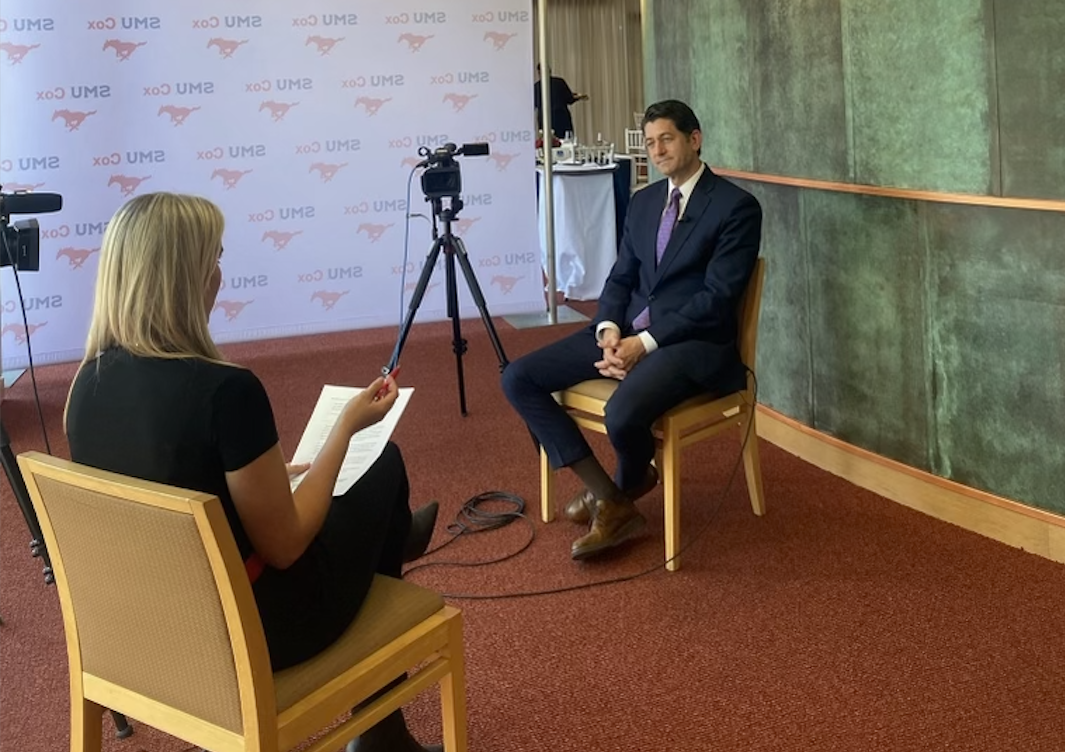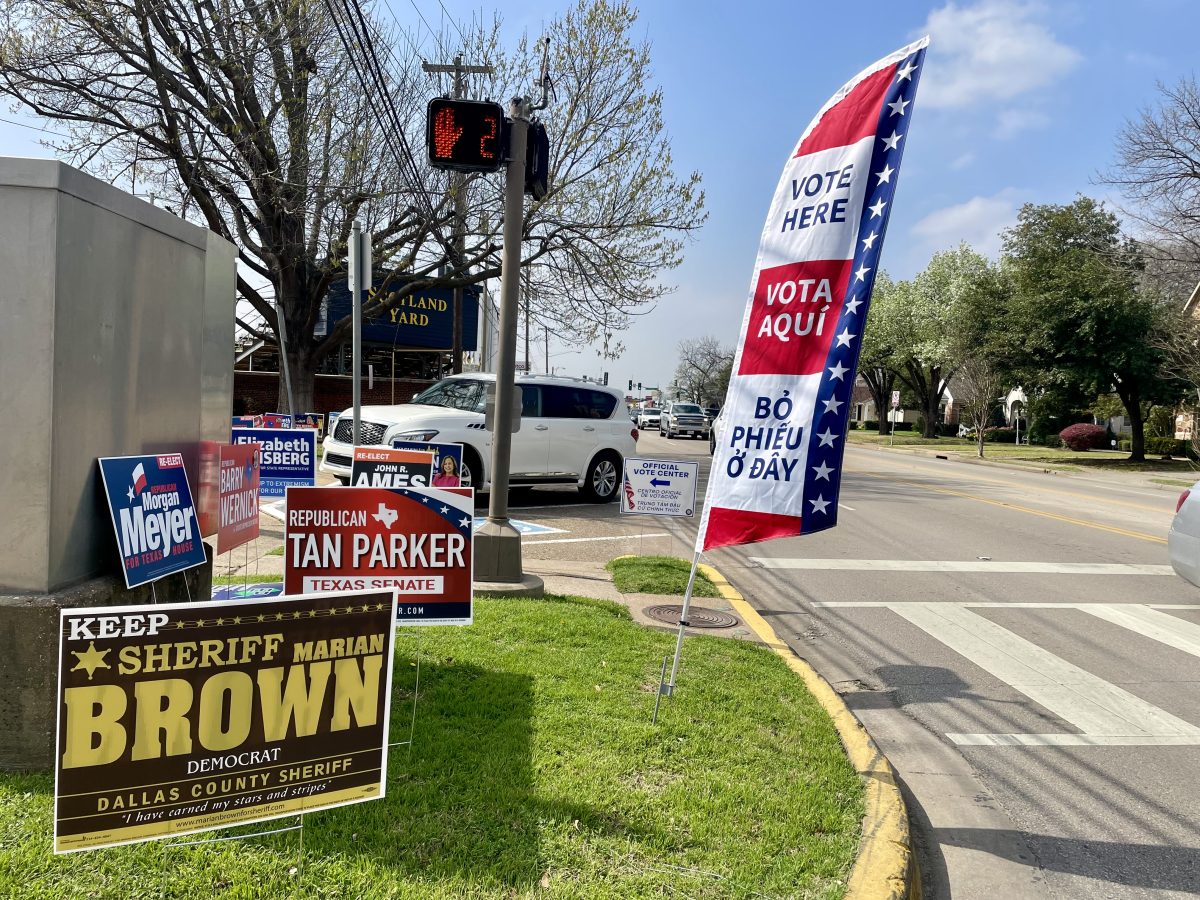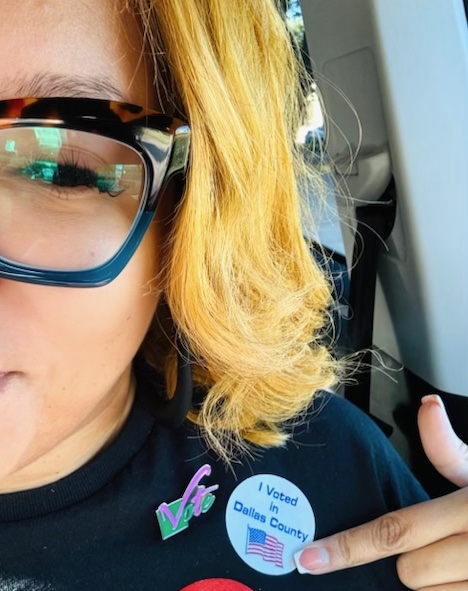The Godbey Lecture Series, hosted by the Dedman College of Humanities and Science, presented a lecture concerning the current political spectrum with regards to the upcoming 2012 elections on Monday.
Three professors from the political science department, Cal Jillson, Matthew Wilson and Dennis Simon, served as panelists during the event. Each panelist was allotted 10 minutes to explain a particular political phenomenon regarding the upcoming elections.
Jillson, the first panelist during the lecture, focused on local elections in Dallas County.
He said that, although Dallas County as a whole has primarily remained a red – or conservative – county for many years, recent polls show that Democrats may have a lead in various local elections when it comes to the general election in November.
According to Jillson, one particular race to watch is the County Commissioner’s Court. This heated race will involve seventh-year veteran John Wiley Price and the controversial debate surrounding his tenure in office.
Other poignant races to follow are Texas Senate District 10 with a focus on incumbent Wendy Davis (D), Texas Senate District 30 with a focus on incumbent Eddie Bernice Johnson (D), and various judicial races throughout the county that will be affected by the recent changes made to the district maps in the county.
Wilson, the second panelist, had a broader approach to the upcoming political elections.
Wilson explained the features of the presidential election as they pertain to three key constituencies: young voters, minority – especially Latino – voters and upscale white voters.
He said that most young voters backed Pres. Obama in the 2008 general election with 66 percent of constituents under the age of 30 voted for Obama in the last presidential election.
He said that the reason for this large percentage is a result of Obama’s tendency during his campaign to appeal to young voters through technology and social media, as well as the fact that Obama was considerably younger than his opponent, Republican nominee John McCain.
Also, Wilson said that most constituents under the age of 30 are actually minorities, and 70 percent of minorities voted for Obama in 2008.
Wilson continued to say that minorities, especially Latinos, were very supportive of Obama in 2008.
This fact, mixed with the awareness of Republican frontrunner Mitt Romney’s firm position on illegal immigration, does not bode well for the GOP in the general election.
Wilson concluded his discussion with stating that most upscale white voters voted for Obama because they are generally moderate on both fiscal and social issues. Obama, identifying this constituency as important to voter turnout during the general election, created a sense of moderation within his campaign endeavors.
The last panelist, Simon, described the upcoming election in terms of polling numbers. He stated that 90 percent of Republican voters will probably vote for Mitt Romney, while 6 percent of Republican voters will support for incumbent Obama; on the other hand, 90 percent of Democratic voters will more than likely support Obama, while 6 percent of Democratic voters will vote for Romney.
He continued to say that the most recent polls are still differing on exact numbers. For instance, the Gallup poll shows Romney leading by two points. Contrary to Gallup, today’s CNN poll shows Obama leading by nine points. Simon concluded that the outcome of the 2012 election is still up for grabs, especially when looking purely at polling numbers.
The lecture concluded with a question and answer dialogue between guests and panelists. Questions included issues ranging from illegal immigration and upcoming GOP primaries to mobilizing campaign volunteers for the general election.
The Godbey Lecture Series has concluded its discussions for the spring semester; however, the series will resume in October of this year. There will be two political lectures before the November general election, and two lectures following the election.















